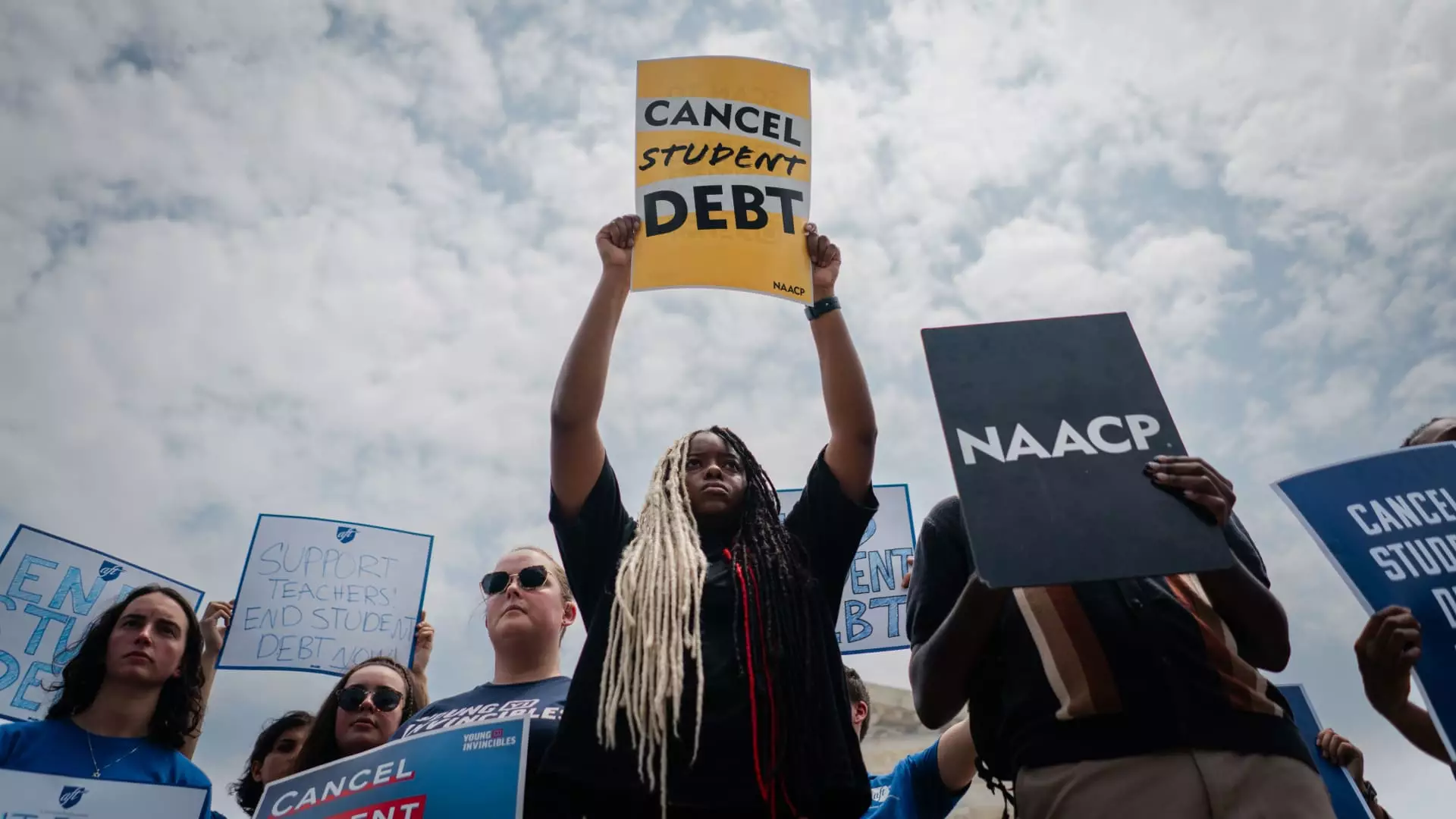Arkansas Attorney General Tim Griffin’s story highlights the struggles many individuals face when it comes to paying off their student loans. It took him nearly three decades to settle his $100,000 debt. Despite his own challenges, Griffin questions the idea of forgiving student loans, emphasizing the concept of personal responsibility and fairness. The issue of student loan forgiveness is multifaceted, sparking debates about economic soundness, moral obligations, and equity.
Debt Forgiveness or Financial Responsibility
Marlon Fox, a chiropractor in South Carolina, received $119,500 in student debt forgiveness. However, due to the political environment in his area, he chose to keep his debt relief story private. The notion of forgiving student loans often leads to divided opinions based on personal beliefs, political affiliations, and societal values. The question arises – is it fair to relieve individuals of their educational debts, or does it undermine the principle of financial accountability?
Kate Padgett Walsh, a philosophy professor, sheds light on the historical context of debt and its significance in human relationships. She emphasizes the idea that debts, whether financial or emotional, play a fundamental role in fostering community bonds. However, the modern-day interpretation of debt is often influenced by commercial entities that exploit notions of obligation and ethical responsibility. Understanding the evolution of debt from a communal obligation to a financial burden is essential in the student loan forgiveness debate.
The Partisan Divide on Student Loan Forgiveness
Devin Singh, a professor of religion, delves into the political aspects of student loan forgiveness. He highlights the partisan nature of the issue, with Democrats and Republicans viewing education and debt through different lenses. While Democrats perceive education as a public good, Republicans may see it as a private investment. The disparity in educational attainment and the perception of personal benefit contribute to the divergent views on loan forgiveness among party lines.
Charlie Eaton, a sociology professor, points out the misconceptions surrounding student loan borrowers. The generational gap, lack of personal experience with student loans, and misunderstanding of the financial challenges faced by borrowers often shape individuals’ perspectives on debt forgiveness. Many borrowers make consistent payments towards their loans but struggle to keep up with the accruing interest, resulting in a perpetual cycle of debt. Fox’s story exemplifies the long-term financial strain that student loans impose on individuals.
The issue of student loan forgiveness goes beyond mere financial relief; it delves into deeper societal values, personal responsibilities, and the ethical implications of debt repayment. While some advocate for forgiveness as a means of alleviating financial burdens, others argue for upholding the principles of accountability and fairness. Understanding the historical, political, and social dimensions of debt is crucial in navigating the complexities of the student loan forgiveness debate.

